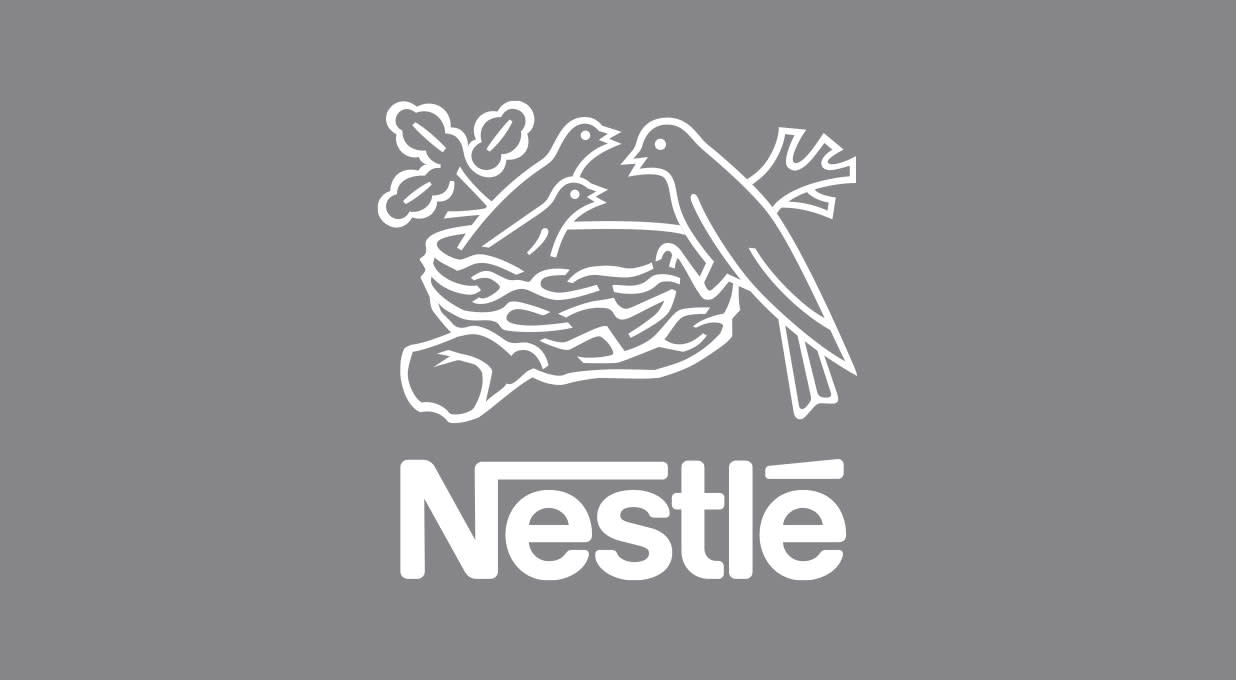Nestlé has announced that Mark Schneider will step down from the CEO role that he’s held for 8 years. Laurent Freixe, currently Executive Vice President and CEO Zone Latin America (LATAM), will take the top position on 1 September.
Laurent Freixe joined Nestlé in 1986, has been a member of the Executive Board for 16 years, and CEO of Zone LATAM since 2022.
The shares fell 2.8% following the announcement.
Our view
Mark Schneider is set to stand down as Nestlé CEO after 8 years at the helm. It’s surprising news, but not completely without reason. Nestlé has seen several missteps of late, and some investors were running out of patience. There won’t be any drawn-out process of finding a replacement and Freixe is a Nestlé veteran so this is as close to a smooth handover as you could ask for.
Back to operations, Nestlé only managed to squeeze through marginal price increases in the second quarter, a clear sign that consumers are reaching their limit. As a result, half-year sales fell short and full-year guidance has been lowered, which wasn’t received well by markets on the day.
It’s no surprise questions are being asked as to whether price increases have gone too far. Struggles in the key market of America mean real internal growth, the company’s key measure of sales volumes, flatlined in the first half. Focus is now on recovering volumes, with management prioritising volume and mix-led growth.
But on a longer-term view there's still a lot to like about Nestlé. A global footprint and varied product base mean the Group's been able to move with the market over the past couple of years. Exposure to pet care, health and at-home coffee products in particular helped pull in revenues from all corners of the market. These items are also exactly the kind of thing people buy over and over again in normal times.
More recently there's been a bit of housekeeping, clearing out low-potential brands and stocking up in growth areas such as The Bountiful Company's nutrition and supplements business. The positive effects of these changes and focus on premium brands is being felt, with underlying operating margins increasing 40 basis points to 17.4%.
Nestlé also relies on hefty research & development spending to provide fuel for volume growth. New varieties and formats of existing popular brands benefit from the much larger marketing and admin budgets, ensuring they're front and centre of consumers' minds. That, in turn, encourages reliable revenues. Extra sales boost profits, and profits can be paid out as dividends or reinvested in next year's products.
That virtuous cycle has seen the dividend increase every year for 29 years - remember, all dividends are variable and not guaranteed.
Nestlé's a strong business, with a host of great brands but it needs to start pulling on its growth levers. Increased investment in brand marketing hasn’t reaped enough reward, and recent results have disappointed. At roughly 18 times expected earnings, it’s now trading below its ten-year average. The next few quarters remain vital. Volumes need to start trending back in the right direction and America needs to show signs of recovery if sentiment is to improve.
Nestlé key facts
All ratios are sourced from Refinitiv, based on previous day’s closing values. Please remember yields are variable and not a reliable indicator of future income. Keep in mind key figures shouldn’t be looked at on their own – it’s important to understand the big picture.
This article is not advice or a recommendation to buy, sell or hold any investment.No view is given on the present or future value or price of any investment, and investors should form their own view on any proposed investment.This article has not been prepared in accordance with legal requirements designed to promote the independence of investment research and is considered a marketing communication.Non - independent research is not subject to FCA rules prohibiting dealing ahead of research, however HL has put controls in place(including dealing restrictions, physical and information barriers) to manage potential conflicts of interest presented by such dealing.Please see our full non - independent research disclosure for more information.


